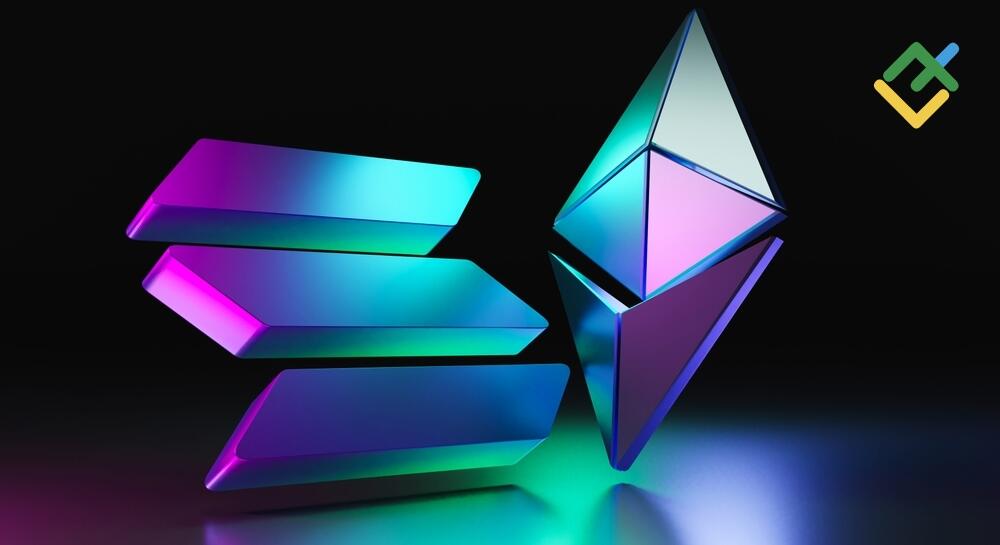Bitcoin has maintained its status as the most influential and valuable cryptocurrency for an extended period. It established the foundation for the entire blockchain industry and was dubbed “digital gold” as the first decentralized digital currency. However, the cryptocurrency landscape is undergoing a rapid transformation, and a number of individuals are inquiring as to whether Bitcoin will continue to hold its position of dominance, or if Ethereum, Solana, or an unanticipated newcomer will surpass it.
The Persistent Strengths of Bitcoin
Simplicity, security, and scarcity are the foundations of Bitcoin’s success. Investors seeking a hedge against inflation are attracted to the built-in scarcity that is a result of the regulated supply of 21 million coins. The Bitcoin network is the most secure blockchain to date due to its decentralized design and lengthy history of resilience.
Additionally, Bitcoin is characterized by pervasive institutional adoption and unparalleled brand recognition. In the digital age, it is perceived as a secure haven asset by a significant number of investors. Nevertheless, Bitcoin’s primary objective is to serve as a medium of exchange and a store of value; it was not intended to facilitate high transaction throughput or intricate applications.
The Advantage of Ethereum’s Smart Contracts
Ethereum enabled decentralized applications (dApps), decentralized finance (DeFi), and non-fungible tokens (NFTs) by introducing programmable money to the market through smart contracts. This advancement broadened the blockchain ecosystem from straightforward payments to intricate digital economies.
The objective of Ethereum’s ongoing enhancements is to enhance scalability and energy efficiency, thereby addressing some of its current constraints, such as high fees and sluggish transaction speeds. It is a formidable competitor due to its extensive developer community and network effects.
Ethereum has the potential to surpass Bitcoin in terms of market capitalization, utility, and adoption if it continues to evolve successfully.
Solana’s Scalability and Speed
Solana is renowned for its low transaction fees and high throughput, which render it advantageous for applications that necessitate rapid, cost-effective processing, including gaming, microtransactions, and DeFi.
Its innovative scalability approach is facilitated by its distinctive proof-of-history consensus mechanism. Solana has established itself as a significant contender in the blockchain monopoly race by attracting a burgeoning developer base and ecosystem.
Nevertheless, Solana has encountered network disruptions and other technical obstacles that it must surmount in order to preserve its credibility.
The Potential of Newcomers
New actors can emerge swiftly in the crypto space, which is dynamic and innovative. Future blockchain initiatives may incorporate innovations in energy efficiency, governance, privacy, or interoperability that could reshape market leadership.
The current hierarchy could be disrupted by a newcomer who combines the finest features of Bitcoin, Ethereum, and Solana, or introduces wholly new features. This transition could be expedited by startups that are supported by robust communities and institutions.
What Factors Will Determine the Winner?
There are numerous variables that will determine whether Ethereum, Solana, or a newcomer surpasses Bitcoin:
* **Utility:** Platforms that provide real-world applications that are versatile will be more popular. * **Scalability:** It is essential to be able to handle large transaction volumes at a low cost.
* **Security:** User trust is contingent upon the preservation of network integrity.
* **Regulatory compliance:** The long-term viability of the organization will be influenced by the ability to navigate legal frameworks.
* **Strength of the ecosystem:** Growth is stimulated by developer activity, partnerships, and community support.
Conclusion: New Reign or Coexistence?
In contrast to a straightforward “winner takes all” scenario, the future may witness the proliferation of multiple blockchains, each of which specializes in distinct functions. Bitcoin may persist as the digital store of value, Ethereum as the programmable contract platform, and Solana as the high-speed application layer.
Conversely, the existing order could be completely disrupted by the emergence of a new blockchain. The sole surety is that the pursuit of blockchain supremacy will stimulate innovation, competition, and development in the years to come.
The blockchain revolution is far from over, regardless of whether Ethereum, Solana, or a newcomer is able to surpass Bitcoin. The next chapter is expected to be just as thrilling as the first.

Leave a Reply